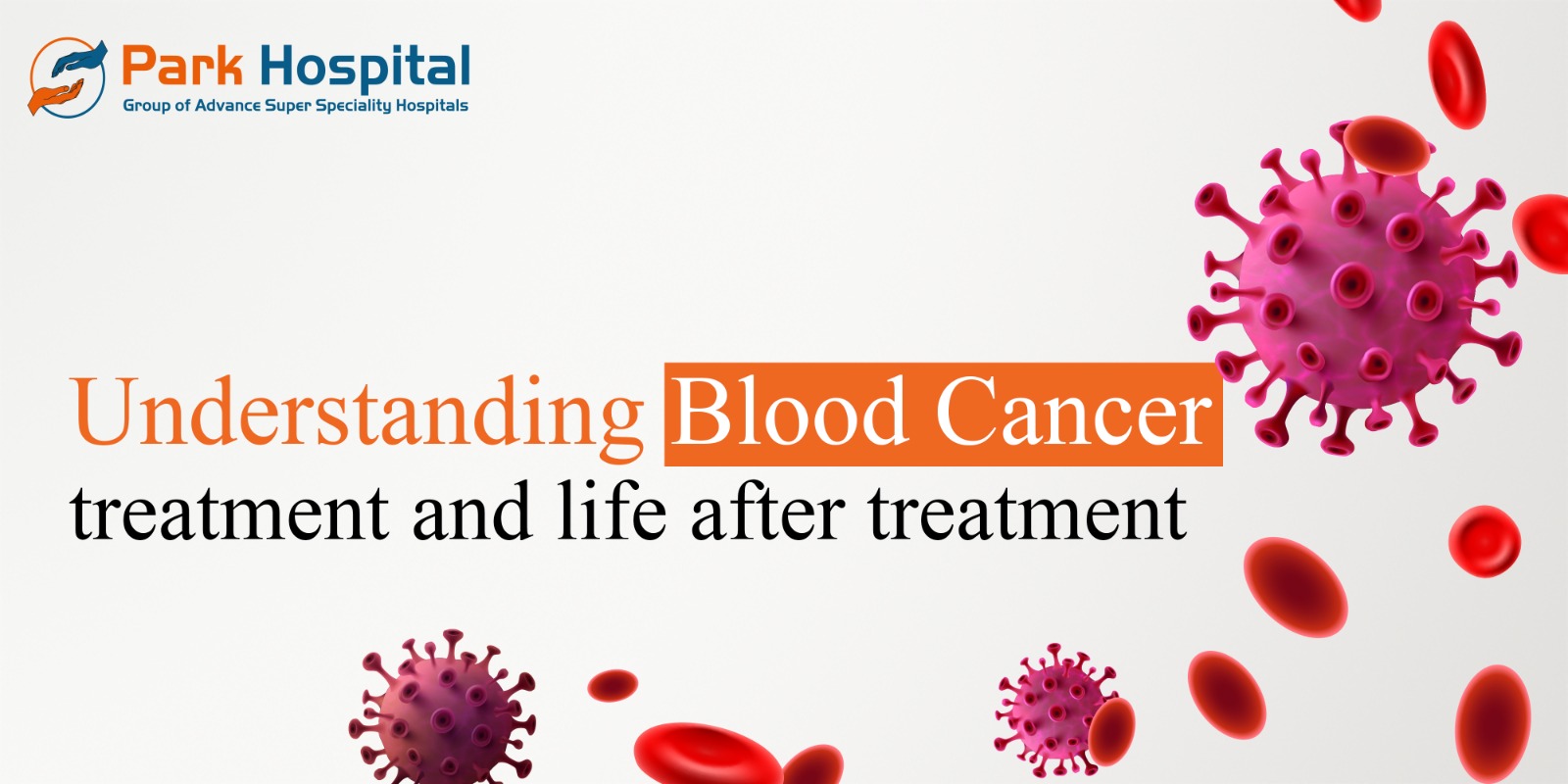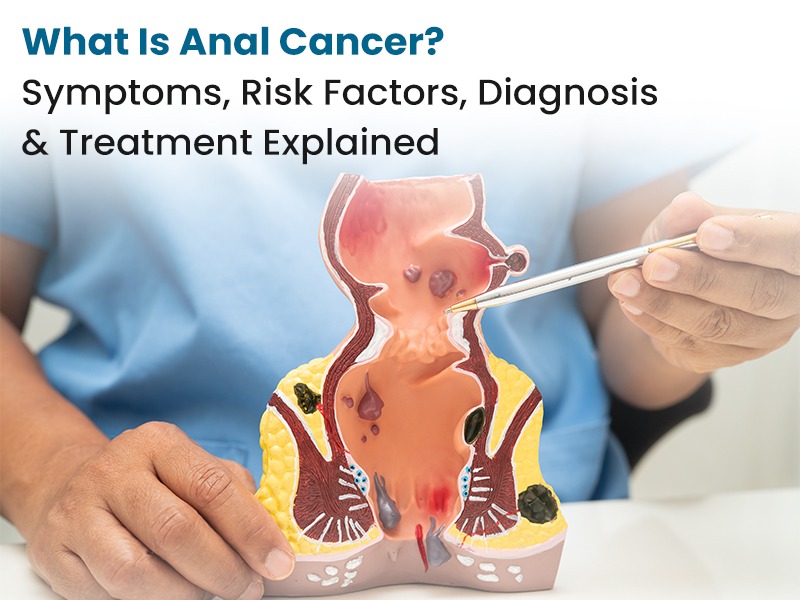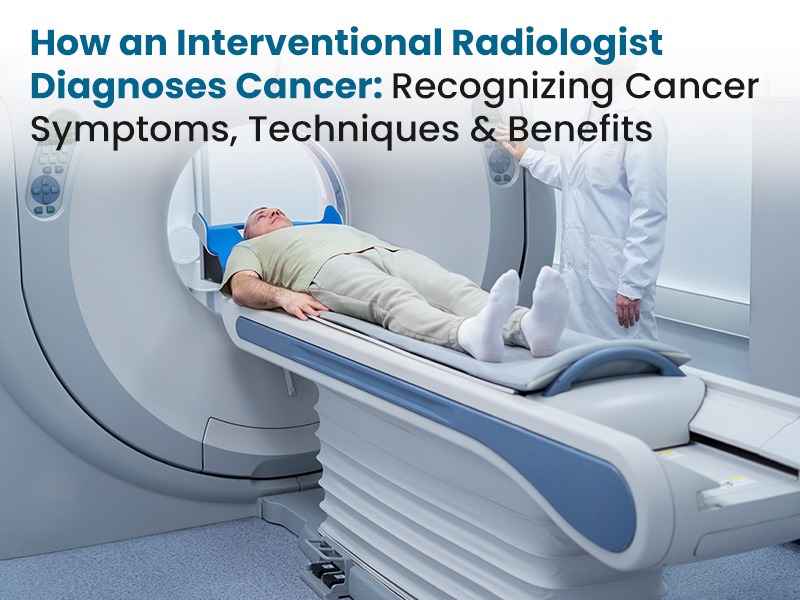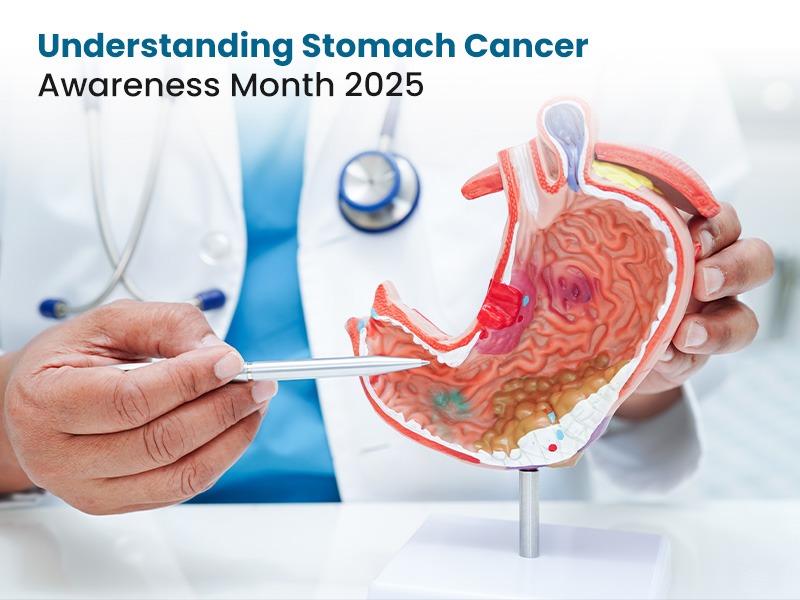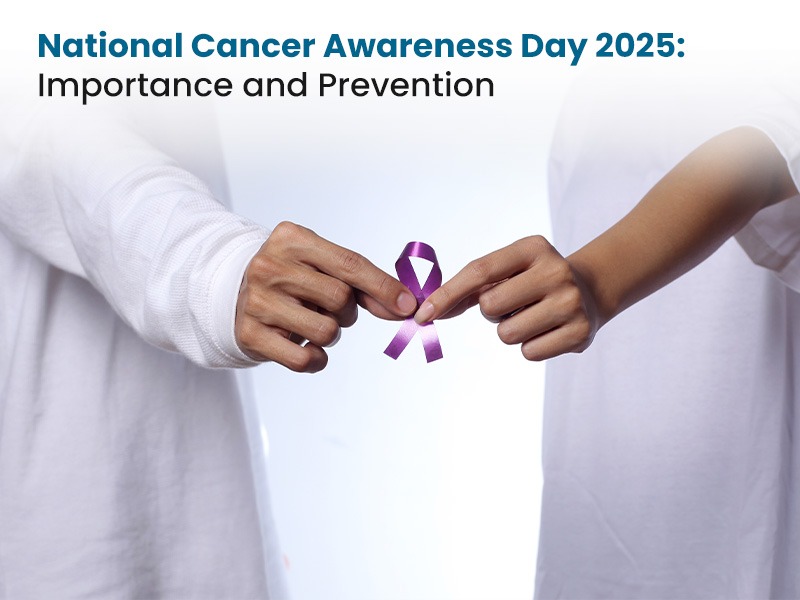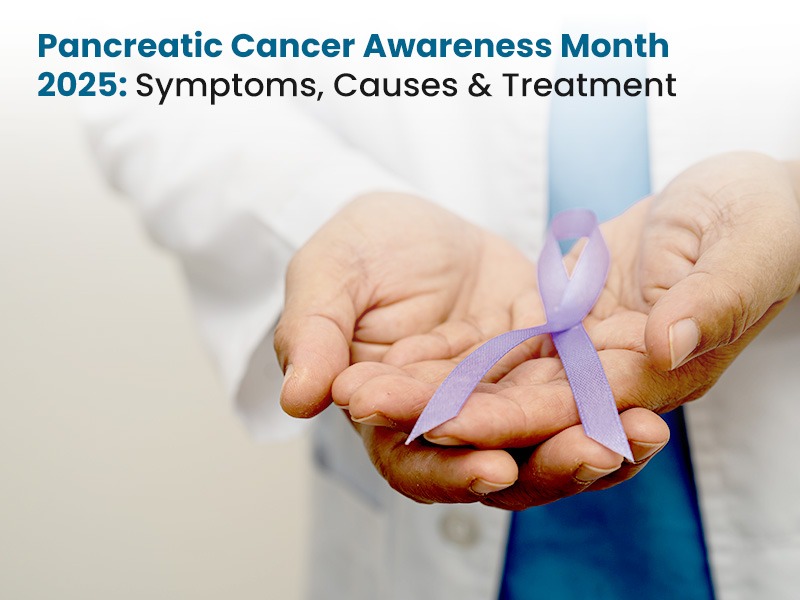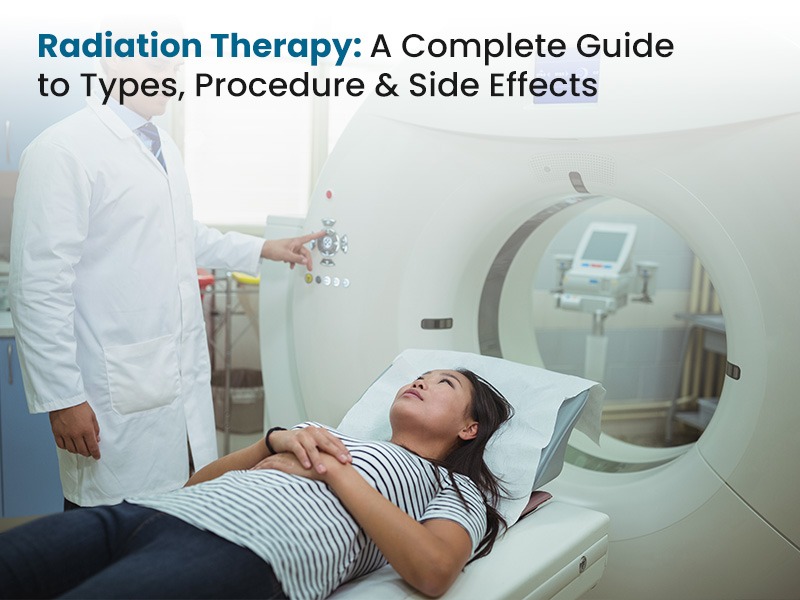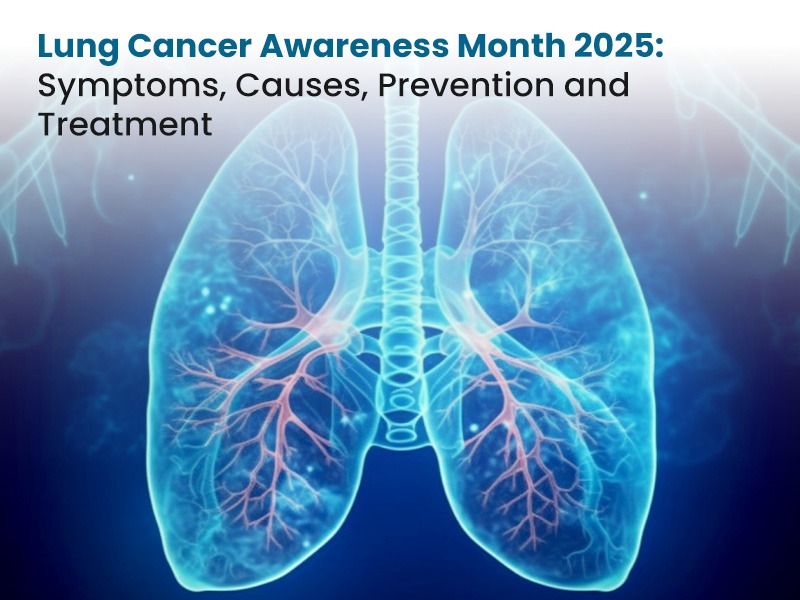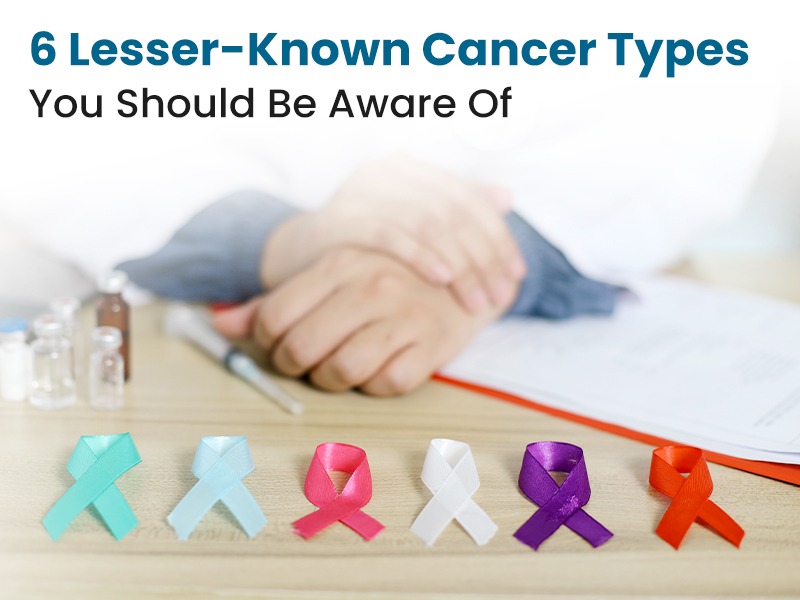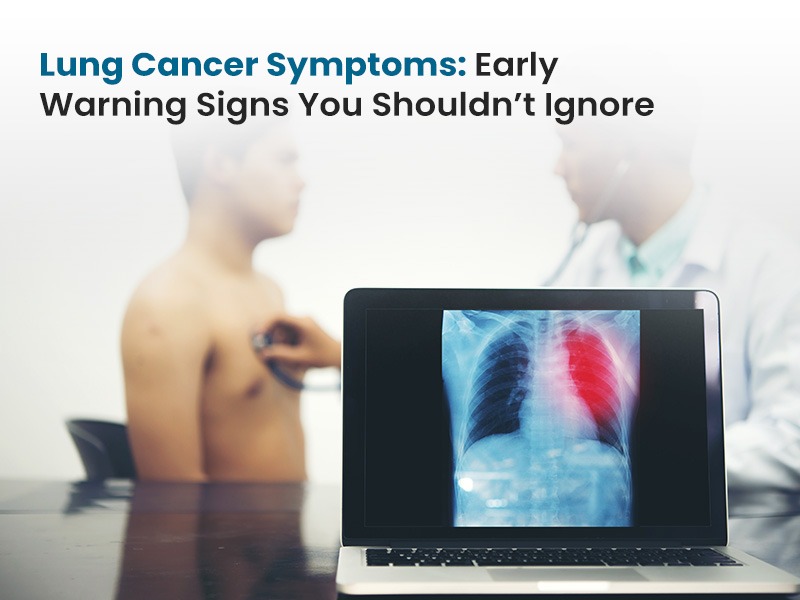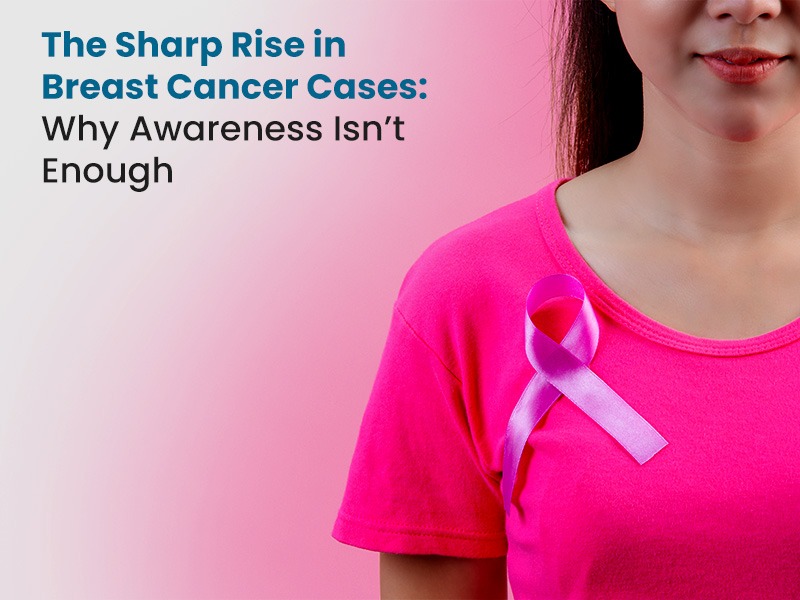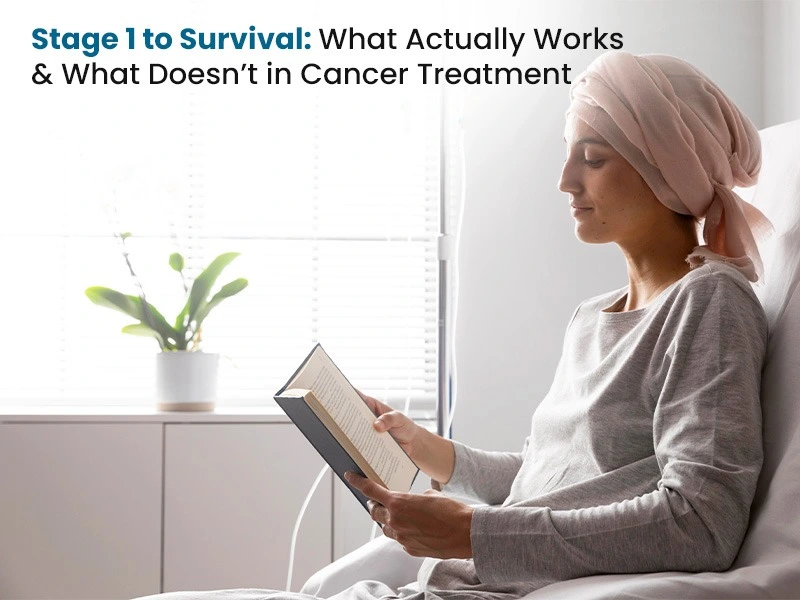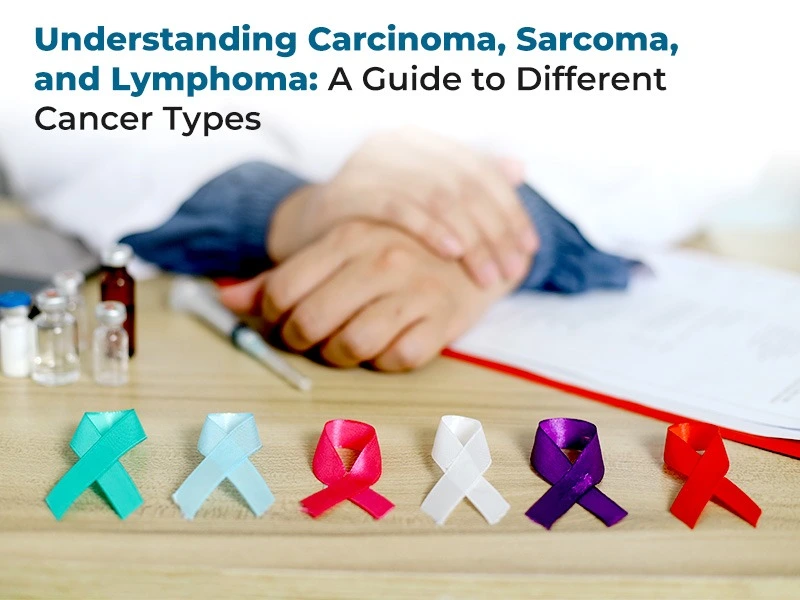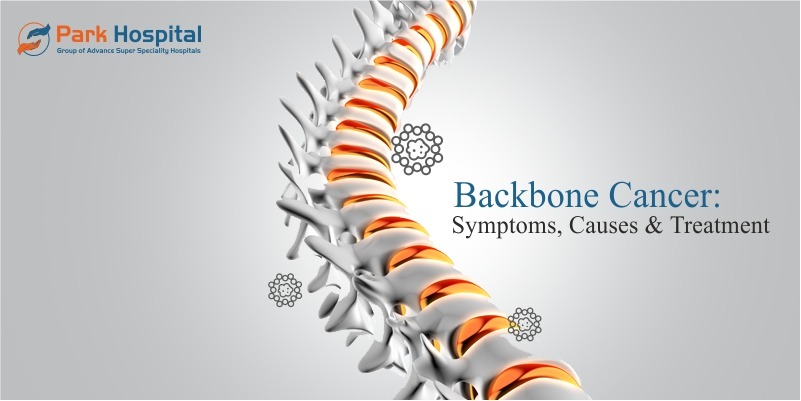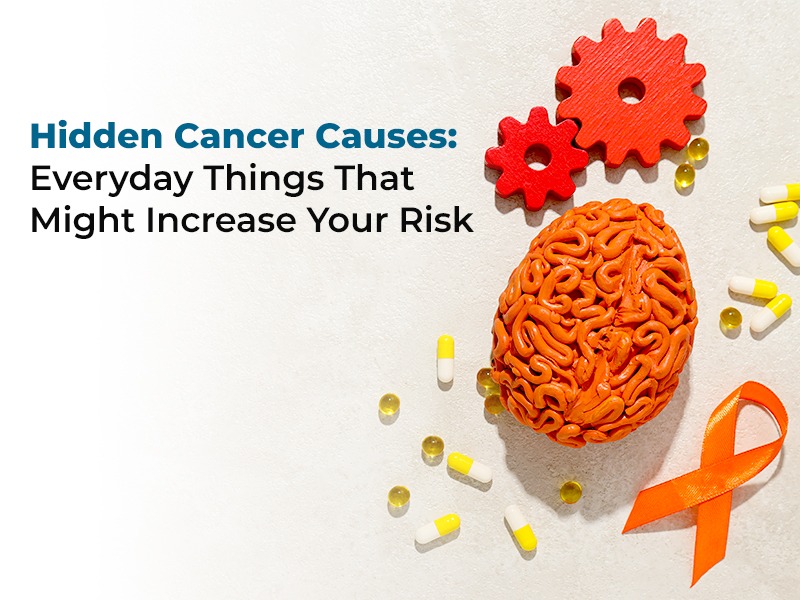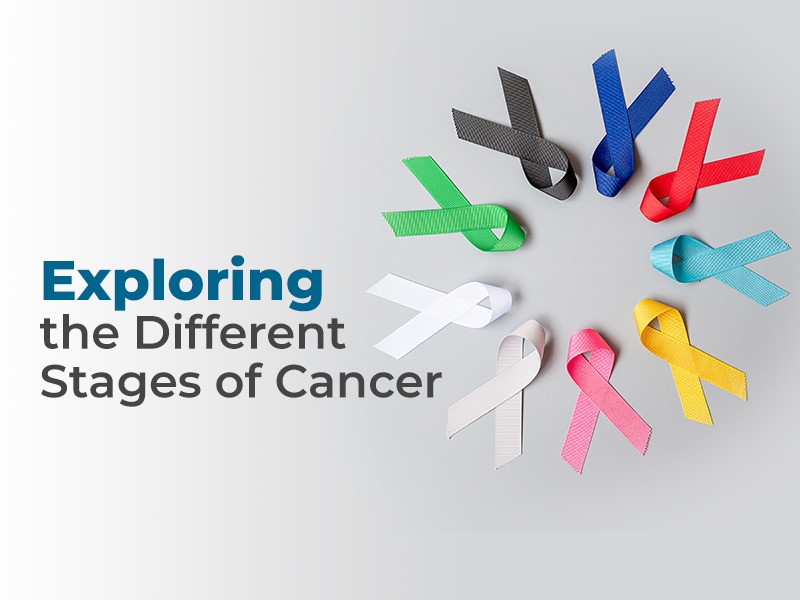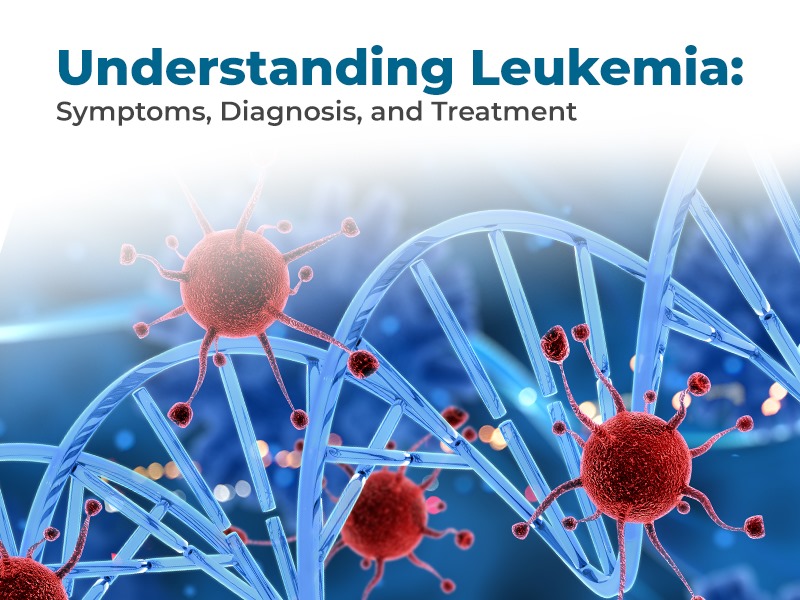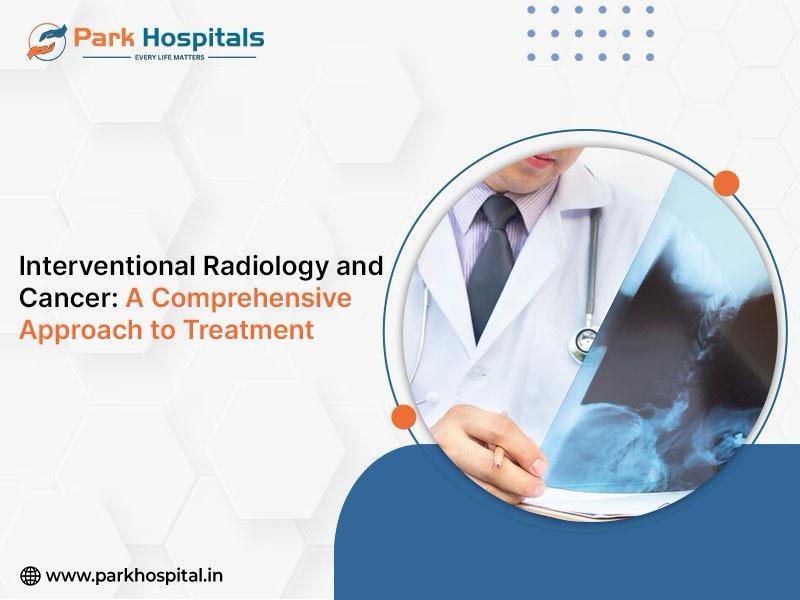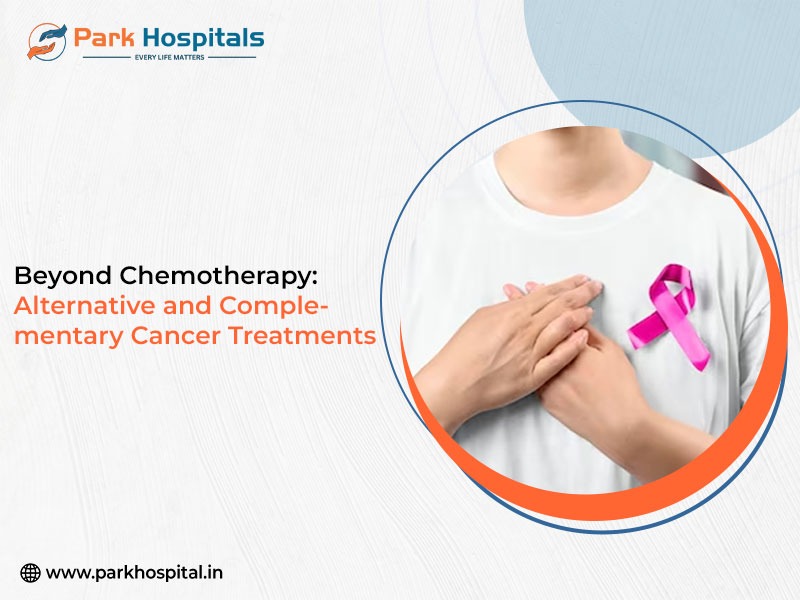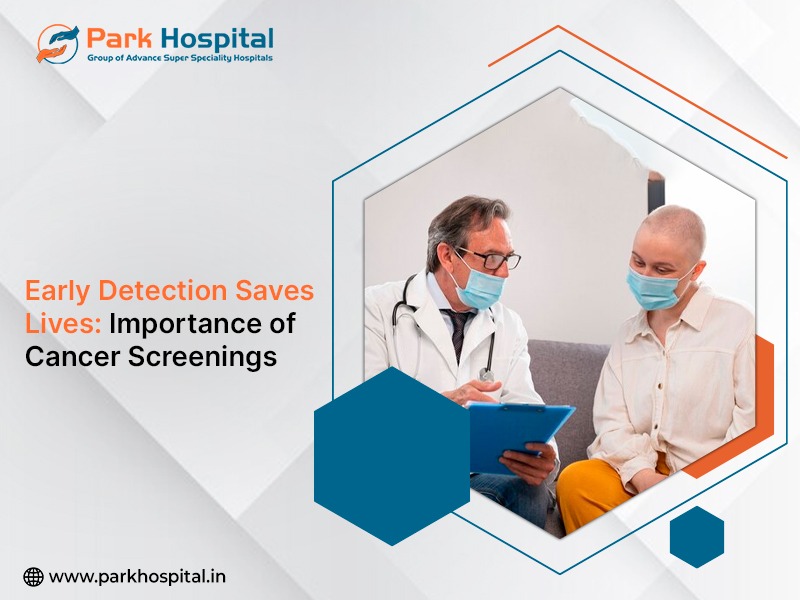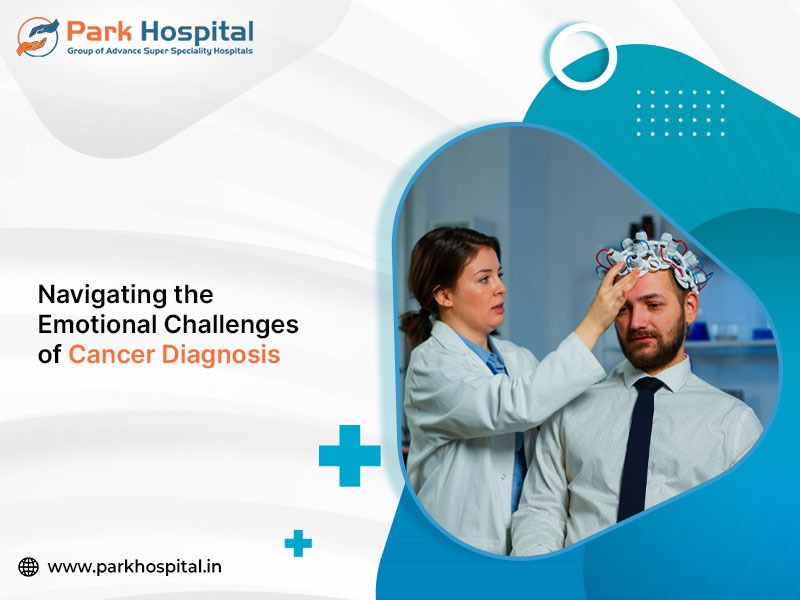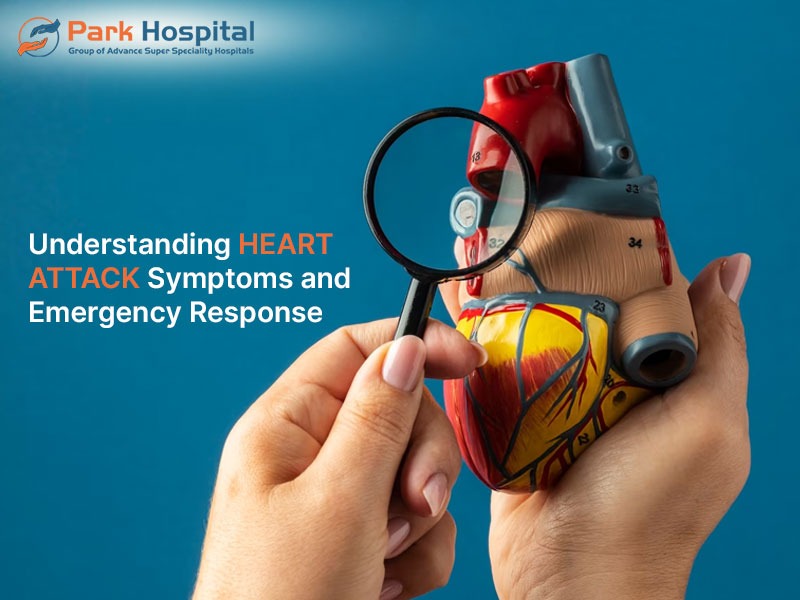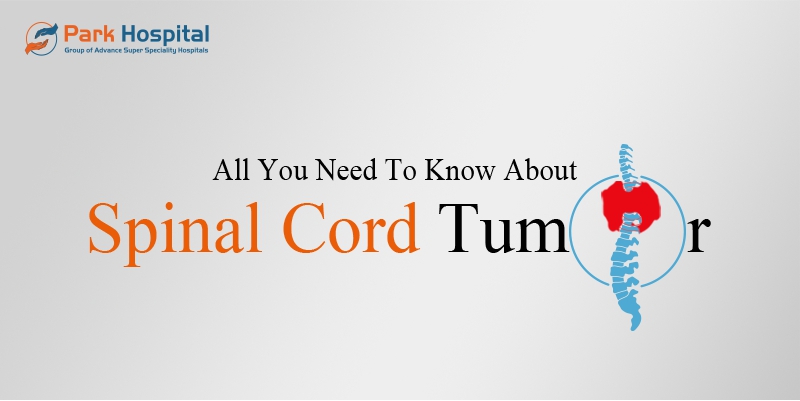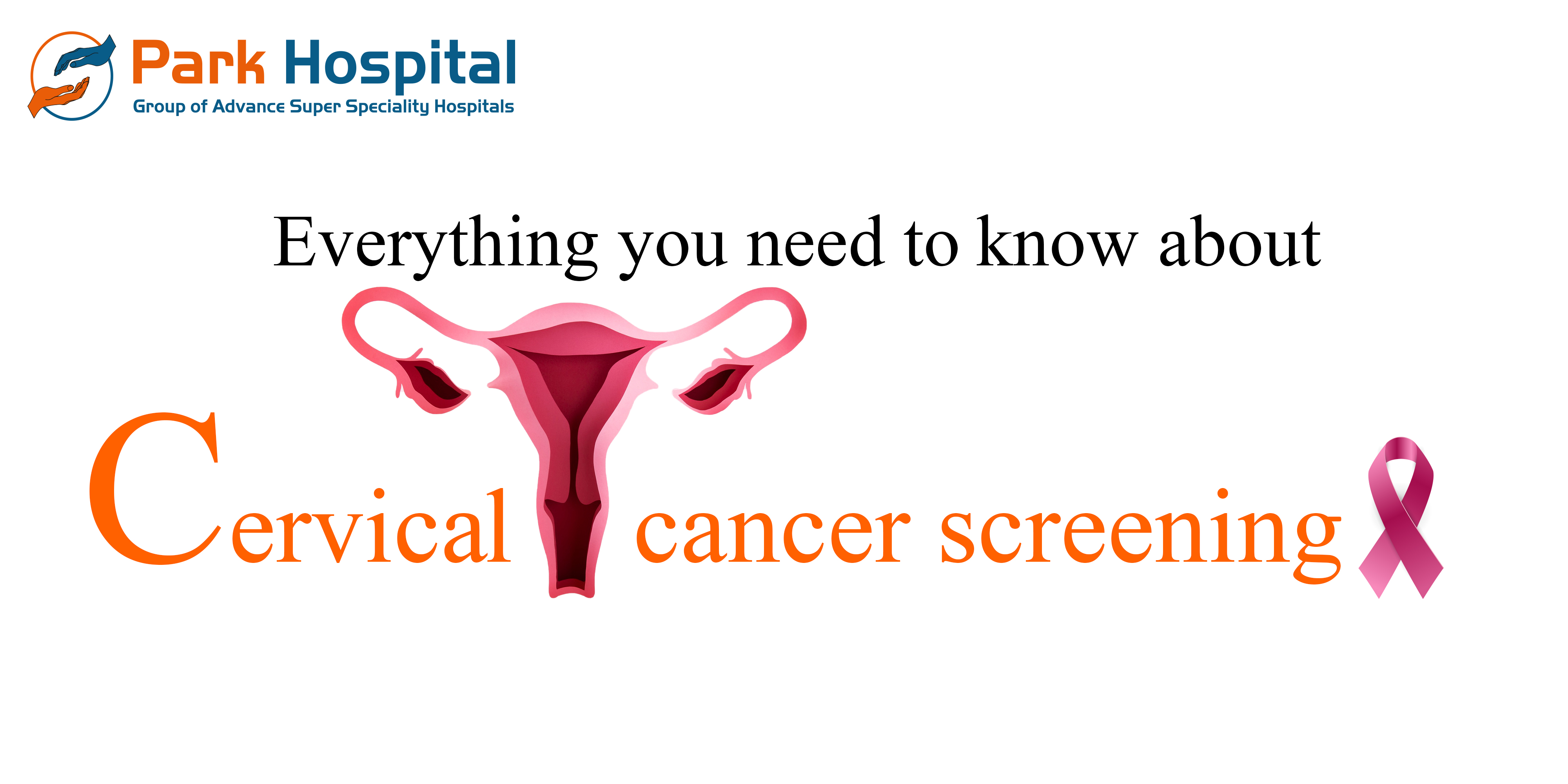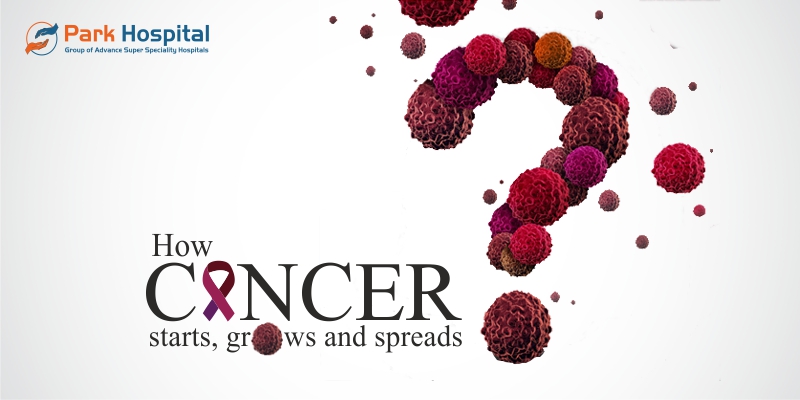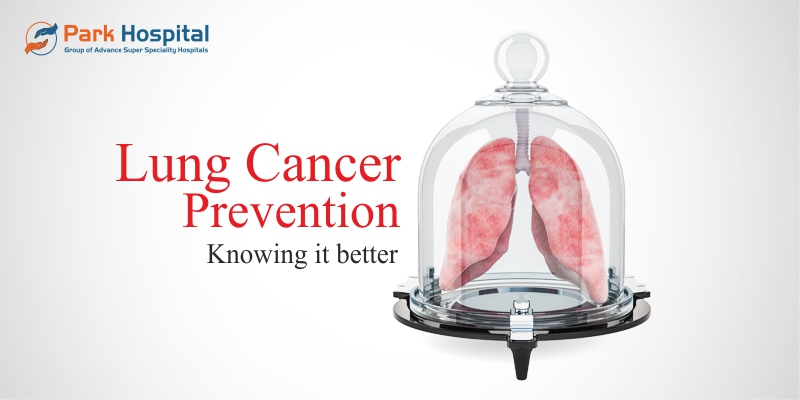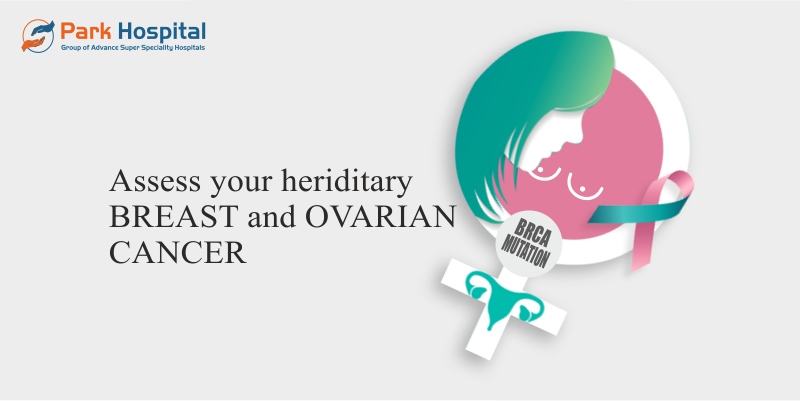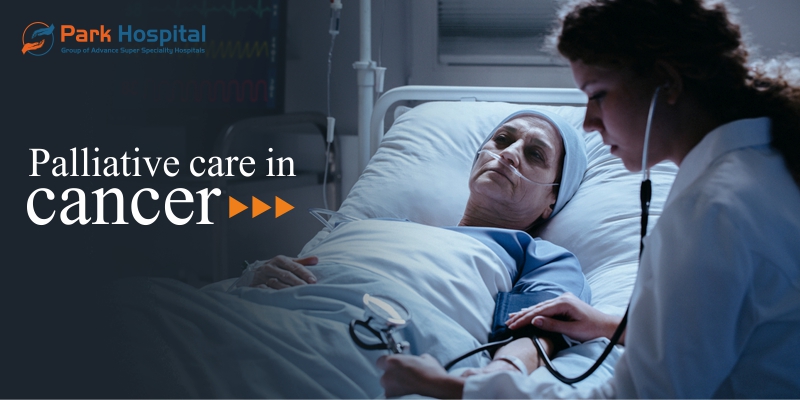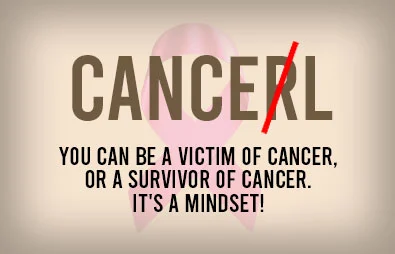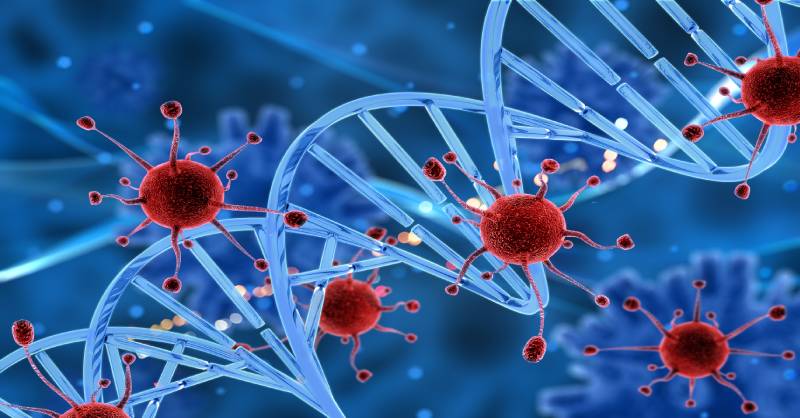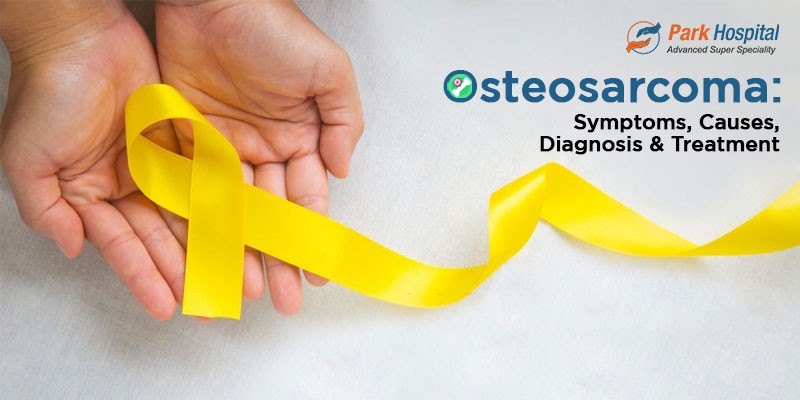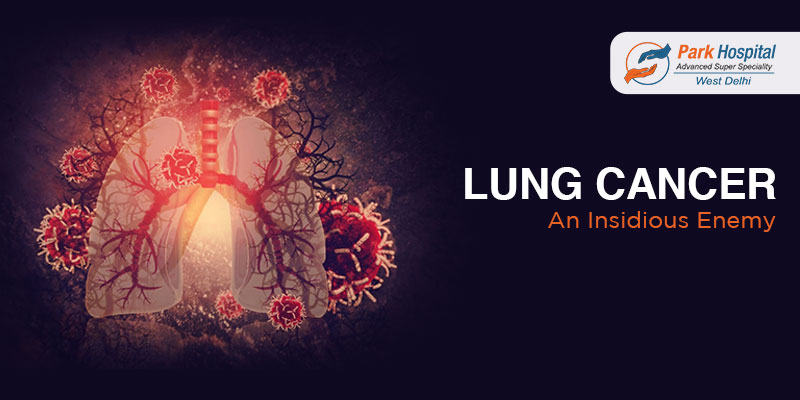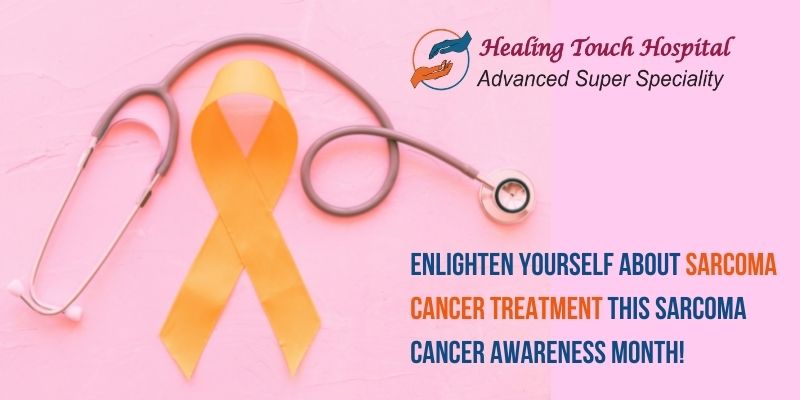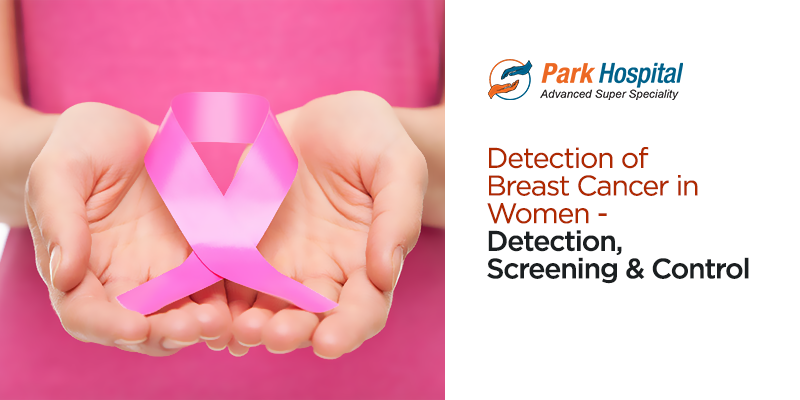Blood forms the very essence of our bodies. From carrying oxygen and providing energy to the body to fighting infections, blood keeps our bodies ticking. So what happens to the body when it suffers from cancer of the blood? How does the body get affected by blood cancer and what are the most effective blood cancer treatments?
Blood cancer is caused when a change or mutation takes place in the DNA of blood cells which changes the way they are formed. These abnormal blood cells generally originate in the bone marrow where all blood cells are produced. Due to this, it begins to interrupt the normal functioning of good blood cells. This causes a myriad of problems that start affecting the whole body.
Types of blood cancer
Leukemia
Leukemia affects the bone marrow and the lymphatic system, producing excessive abnormal white blood cells. White blood cells are the body’s primary weapon against infections. Unfortunately, unlike normal blood cells, cancerous blood cells keep multiplying and do not die thus overtaking the body’s supply of normal functioning blood cells. Leukemia does not form tumors since it is a cancer of the blood. This makes it hard to detect.
There are different types of leukemia. They mainly can be divided into how fast it progresses. Acute Leukemia progresses quickly and interferes with the process of maturation of healthy blood cells. Chronic Leukemia may take much longer before symptoms arise.
Lymphoma
Lymphoma targets the lymphatic system that consists of lymph nodes, the spleen, thymus glands and the bone marrow. The lymphocytes that form the infection-fighting white blood cells are affected by a genetic mutation. There are generally two types of lymphoma - Hodgkins Lymphoma is characterized by the presence of Reed-Sternberg cells and Non-Hodgkins Lymphoma. Hodgkins Lymphoma is seen to begin in the upper body lymph nodes like armpits, chest and neck.
Myeloma
This blood cancer begins in the blood’s plasma cells in the bone marrow. There is an overproduction of these plasma cells but the main difference is that they remain in the bone marrow. Multiple Myeloma is a type of myeloma where there are multiple sites of myeloma occurring in the body. Plasmocytoma is where there is an overproduction of plasma cells in one site of the body.
Symptoms
While detection of blood cancer from symptoms alone is usually challenging, it is useful to understand some kinds of presenting symptoms to also gauge the approaches to cancer treatment options that an oncologist may discuss.
Unexplained and unplanned weight loss: A noticeable level of weight loss that cannot be explained by change of diet or any other lifestyle changes. It feels like the body is not able to maintain the same body weight.
Fatigue and weakness: Tiredness that affects the completion of daily and routine activities.
Frequent fevers: Fever that seems persistent and recurring.
Night sweats: Waking up in the middle of the night drenched in sweat.
Unusual bruising and bleeding: Bruising that cannot be explained by a normal bump or accident. And bleeding that does not seem to stop.
Swollen lymph nodes: Depending on the type of blood cancer, may notice enlarged spleen or liver and/ or swollen lymph nodes.
Diagnosis
You will need to refer to a cancer treatment hospital to properly diagnose your condition. More often than not, blood cancers are found out through tests done to diagnose other medical conditions or suspecting other conditions before finding that there may be a cancer. If there seems to be a plausible cause to suspect blood cancer, your doctor will run some or more of the following tests. Any test would follow only after a discussion with the patient about the symptoms they are feeling and a physical examination to determine the underlying condition.
Blood tests
The doctor will order a CBC or a Complete Blood Count test to check for levels of RBC, WBC and platelets. Blood chemistry tests may also be ordered to look for abnormal levels of protein or enzymes that are characteristic of certain blood cancers.
Biopsies
If the doctor suspects lymphoma, then a biopsy from a lymph node may be taken to look for abnormalities. A doctor may do a bone marrow aspiration in order to biopsy the bone marrow if leukemia or myeloma is suspected. Blood cancer treatment hospitals will most likely use this to understand fully the progress of a blood cancer.
Imaging tests
Scans may be used only with certain cancers like lymphoma for an enlarged lymph node, or enlarged liver or spleen.
Treatment
Blood cancer treatment hospitals weigh out options using factors such as age, overall health and discussions with the patient about possible side effects. Some side effects of blood cancer treatments can be quite significant and the doctor will take that into consideration to also ensure some level of comfort for the patient. Any cancer treatment hospital will want to keep in mind the support system you may have to go through with various cancer treatment options.
Chemotherapy
Chemotherapy uses chemicals to kill cancer cells and depending on the type of blood cancer, chemotherapy would use a single drug or multiple drugs in a combination that may be altered through the course of the cancer treatment. Chemotherapy is also known to be used in combination with other types of treatments. Cancer treatment hospitals are well equipped to closely monitor how your body responds to various dosages of medications and adjust for the same accordingly.
Targeted drug therapy
The doctor may find particular abnormalities within the cancerous blood cells that can be targeted using specific drugs. These drugs also work by killing the cancerous cells causing these abnormalities.
Radiation therapy
Radiotherapy as it is also called, uses X-rays or any high voltage beams that target abnormal cells to destroy them. Radiation therapy can be used to target a particular part of the body that has a concentrated number of cancerous cells. It could be used along with other forms of cancer treatment as well. This is also something that blood cancer treatment hospitals will closely montior to see how effective the treatment is.
Bone marrow transplant
Transplanting healthy bone marrow for cancerous bone marrow is also a well-established form of cancer treatment. This is often used after a course of chemotherapy or radiotherapy that targets cancerous cells. Healthy bone marrow is then transplanted which can produce healthy blood cells and elevate the overall health of the patient. This is either done by transplanting the patient’s own stem cells from another part of the body if it is healthy enough (autologous) or is done by using a healthy donor’s stem cells (allogeneic). In the case of using a donor’s stem cells, the doctor first needs to ensure that they can be a match before conducting the transplant. Blood cancer treatment hospitals will specialize in bone marrow transplants for blood cancer treatment.
Immunotherapy
This blood cancer treatment targets the cancerous cells’ capacity to evade the body’s immune system. Leukemia cells are known to produce a certain type of protein that helps them hide from the immune system. This therapy interrupts this cycle. CAR T cell therapy is also a type of advanced immunotherapy. Speak to your oncologist to understand how you may be fitted to immunotherapy or not.
CAR T cell therapy
This therapy engineers the body’s T cells, a type of white blood cell to target cancer cells. This may be used when most other treatments have been tried with little result.
If you are concerned about blood cancer treatment, make an appointment with a reputable team of oncologists at the state-of-the-art facility at Park Group of Hospitals. With the combined experience of over 30 years and the latest technology for cancer treatment, you can understand the various options you have for treatment.
Life after Treatment
Blood cancer is a serious disease that cannot be managed without treatment. With every type of blood cancer treatment comes a considerably long list of side effects and long effects. Depending on the age of cancer treatment and general overall health at the time there may be other physical effects that each treatment can cause for a person. Blood cancer treatment hospitals will speak to the cancer survivors closest family members to help them also prepare for what is to be expected in the near and long term future.
Physical effects
Some physical side effects that your doctor may look out for can include heart conditions or heart damage, thyroid problems or thyroid damage, lung damage or osteoporosis or osteosarcoma. Depending on the type of treatment, some patients may need to be aware of secondary cancers like breast cancer 15-20 years away if they received radiotherapy when they were quite young, vision or hearing problems if they had to go through radiotherapy near the neck region or infertility from chemotherapy. The late effects that may take place can be complicated but it also varies from case to case.
Coping mentally
The biggest and most immediate challenge after the end of blood cancer treatment is usually the emotional and mental upheaval that the person must now traverse to feel some sense of ‘normalcy’. Life as one knows it changes after cancer. Some things that can be expected include:
Depression or post-traumatic stress disorder: A cancer survivor usually finds that by the time treatment has ended, life and people around them have also changed or moved on and isn’t exactly where they may have left things. This could include work, friends and even family who perhaps treat a cancer survivor differently or where commitments and relationships have completely changed during the course of a person’s cancer treatment.
Cancer survivors may also need to cope with the fact that they need to remodel their whole lives from perhaps a very different life than they may have imagined.
Fear of relapse: The fear of going through remission can consume a cancer survivor. The thought of going through a repeat of cancer treatment can leave anyone scared and so unsure that they find these thoughts beginning to consume them. A person can become hyper-alert for symptoms or signs of remission, reading into every and any small thing that happens. While staying alert and aware of possible remission is generally considered healthy, reaching that balance may not be as simple as a logical explanation.
Taking the first step to ‘normalcy’
It is important for cancer survivors to reach out for help. While they may first find some sense of relief from their conversations with their doctors, slowly they will need a community that can support their journey. It would be great to even join a cancer survivors group where people have been through this hard journey of finding their lives. Family and friends can provide great support by just being around and being there. Cancer survivors need this sense of community to avoid depression, manage stress and not feel alone.
Reworking life goals and priorities
Life after cancer treatment can be very different and may require a cancer survivor to rethink some previously held beliefs and goals. Accepting change can be a very hard step for cancer survivors, but is an essential step to move towards a fulfilling life after something as arduous as blood cancer treatment.
Good nutrition and lifestyle choices
The best support that cancer survivors can gift themselves is prioritizing good healthy food and a good regimen for exercise and social interaction. Wholesome food, and staying away from smoking and alcohol are imperative. Exercise and social activities keep one’s mind and body active and occupied and help a person take on the big mental shifts required to move on with life.
Conclusion
Blood cancer refers to changes or mutations that occur to blood cells that cause cancerous blood cells to start populating the body and affecting the body’s overall health. Leukemia, lymphoma and myeloma are the three main types of blood cancers. Generally, a combination of chemotherapy, radiotherapy and/ or stem cell transplant is used to treat blood cancers. In some cases, immunotherapy and even CAR T cell therapy are used to help the body use its own immune system to fight off cancerous cells. The challenge for blood cancer survivors is life after treatment, where they may have to cope with serious physical side effects as well as the mental toll of accepting a very different life.
FAQs
Is blood cancer treatment long-term?
The length of blood cancer treatment can vary depending on one’s age however, it can take up to 2-3 years. Hospitalization is required during the first couple of months while undergoing treatments like chemotherapy
How long does it take for a person to get back to normal life after blood cancer treatment?
Normal life for cancer survivors most likely looks very different from their lives previous to cancer. They will however be able to get back to work after the first initial months of treatment.
Can blood cancer be cured?
No blood cancer treatment can completely cure a patient from blood cancer. All treatment is geared towards ensuring a longer and better lifespan while managing cancer. In most cases, blood cancer treatments can increase and improve the lifespan by about five years.
What are treatments available for blood cancer?
Chemotherapy is the most common form of blood cancer treatment. Other treatments include radiotherapy and blood marrow transplant.

